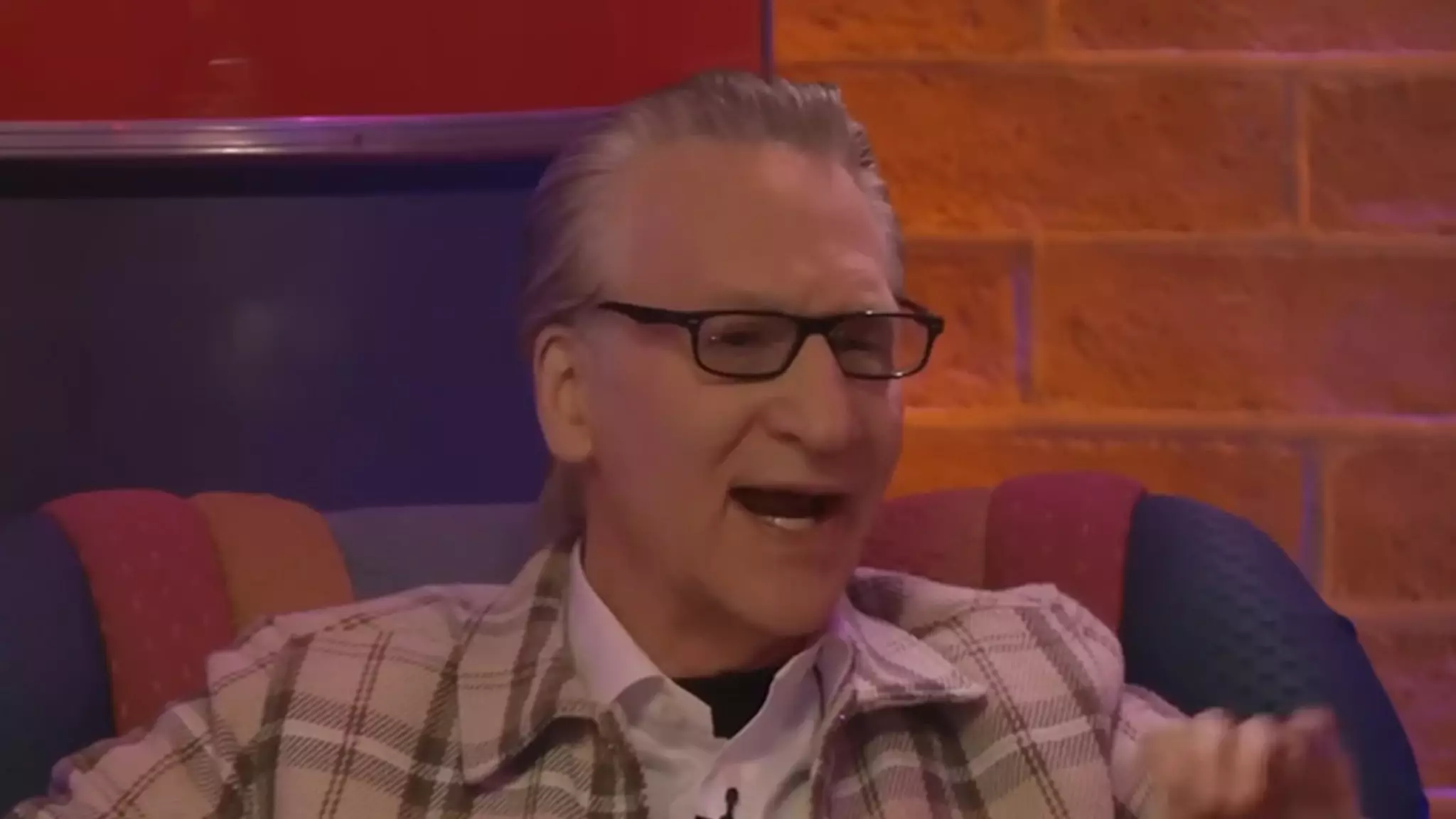In recent discussions surrounding diversity, equity, and inclusion (DEI) initiatives, Bill Maher has surfaced as a controversial yet thought-provoking figure. Known for his unfiltered opinions, Maher recently shared his critical perspective on DEI during an episode of his “Club Random” podcast with comedian Jay Leno. He labeled DEI efforts as mere “virtue signaling,” asserting that they do little to remedy the underlying issues of inequality that they aim to address. This pronouncement reflects a growing skepticism towards DEI methodologies which are increasingly being scrutinized for their effectiveness.
Maher argues that the actions often labeled as supportive or progressive merely serve to enhance the self-image of those participating, rather than effecting substantive change. His commentary suggests that instead of engaging in DEI actions that make individuals feel better about their roles as allies, society should focus on tangible, systemic reforms. By framing these initiatives as “virtue signaling,” Maher challenges us to consider the motives behind DEI programs and question their impact on actual inequality.
During the podcast, Maher posed a direct query to his audience: “You want to be a good ally?” He then outlined three practical solutions he believed would genuinely help marginalized communities: improving education systems, encouraging paternal involvement, and addressing the ramifications of the drug war. Maher’s emphasis on these practical measures highlights a critical pivot away from discussions laden with performative gestures toward more actionable strategies. This inclination towards solutions grounded in reality resonates with many Americans who are frustrated by what they see as hollow promises of social progress.
In championing a reality-based approach to social issues, Maher has often found himself at odds with mainstream liberal rhetoric. His disdain for what he calls “woke bulls**t” encapsulates a broader cultural discontent, a sentiment echoed by many who feel that certain progressive ideals have become too extreme or disconnected from everyday life. By confronting the extremes of leftist thought, Maher positions himself as a contrarian within a liberal framework, prompting robust debates around the effectiveness of DEI as a legitimate solution to inequality.
Interestingly, Maher’s critique of DEI aligns with a wider trend, where numerous corporations that previously adopted DEI strategies are now retracting their commitments. This shift highlights a growing recognition within the corporate world that DEI initiatives may not only be ineffective but can also inadvertently contribute to discriminatory practices. Businesses are reevaluating whether these efforts create genuine change or simply serve as superficial compliance measures amid public scrutiny.
As conversations surrounding inclusion continue to evolve, Maher’s critical stance encourages an important recalibration. One cannot help but wonder whether the DEI framework, as it currently stands, has outlived its usefulness and whether a more grounded, pragmatic approach to social justice might yield better outcomes. As society grapples with these challenges, it becomes increasingly clear that real progress hinges not on performative allyship but on a commitment to substantive change that is both practical and inclusive.

